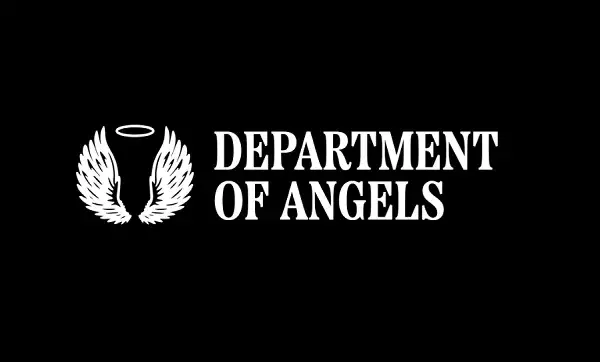In the wake of devastating wildfires that ravaged Los Angeles, Snapchat is stepping up as a beacon of hope for its home city. Founded by Evan Spiegel and Bobby Murphy, both of whom have deep roots in Los Angeles, Snap Inc. is taking a significant stance to support wildfire recovery efforts. The multiple rounds of financial aid, amounting to a substantial $15 million, are directed toward a new venture called “The Department of Angels.” This initiative is not just an act of charity; it embodies a transformative approach that seeks to empower local residents in the recovery process.
The ethos behind the Department of Angels is derived from engaging with community members, disaster recovery experts, and those who have endured the trauma of the megafires. According to the initiative’s website, the project was inspired by direct conversations with impacted individuals, reflecting a commitment to honoring the voices of those most affected. The goal is clear: to facilitate a model of recovery where local residents have agency, allowing them to design and lead efforts that impact their lives and communities. This strategic focus on grassroots involvement marks a departure from top-down recovery efforts that often struggle to resonate with the needs of individuals.
While it is important to note that the Department of Angels operates independently of Snapchat, the tech giant’s involvement is notable. The initiative is distinctly community-run and free of government affiliations, which speaks to the desire for true empowerment without bureaucratic constraints. Despite its independence, Snap Inc. is playing a supporting role, which adds a layer of credibility and resource access that many community efforts lack. This can also be seen as a strategic move on Snap’s part, as they leverage their platform and connections to enhance visibility for this critical initiative.
The connection between Snap and the disaster is personal; they have faced the repercussions firsthand—Spiegel’s childhood home was consumed by flames, and dozens of employees were displaced. This proximity to tragedy undoubtedly fuels the company’s commitment to helping their community recover. By pivoting their resources toward rebuilding efforts, Snap Inc. underscores a vital truth: corporate responsibility extends beyond profit-making. Companies, especially those rooted in local communities, must engage deeply with the challenges faced by those around them.
As the Department of Angels seeks to launch its programs, the challenge will be maintaining momentum and securing the active participation of community members. It will be crucial for the initiative to remain authentic to its mission, ensuring that it truly serves the residents it aims to empower. Additionally, as Snap Inc. continues to support the project, it will be interesting to see how their influence shapes broader perceptions about corporate philanthropy in times of crisis.
Snapchat’s initiative demonstrates a compelling model for how technology companies can leverage their resources and influence for social good. The Department of Angels stands as a hopeful testament to the power of community resilience and cooperation in the wake of disaster.

